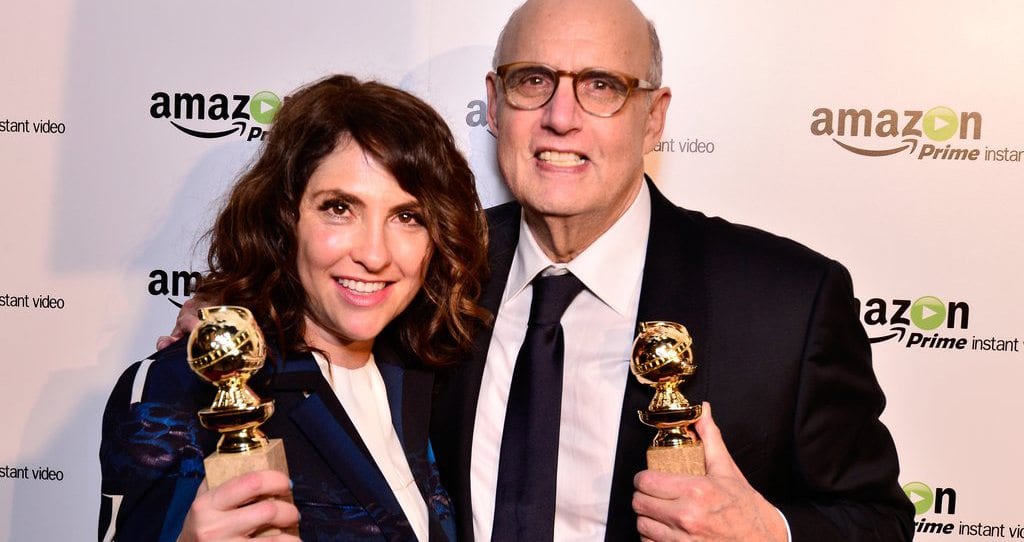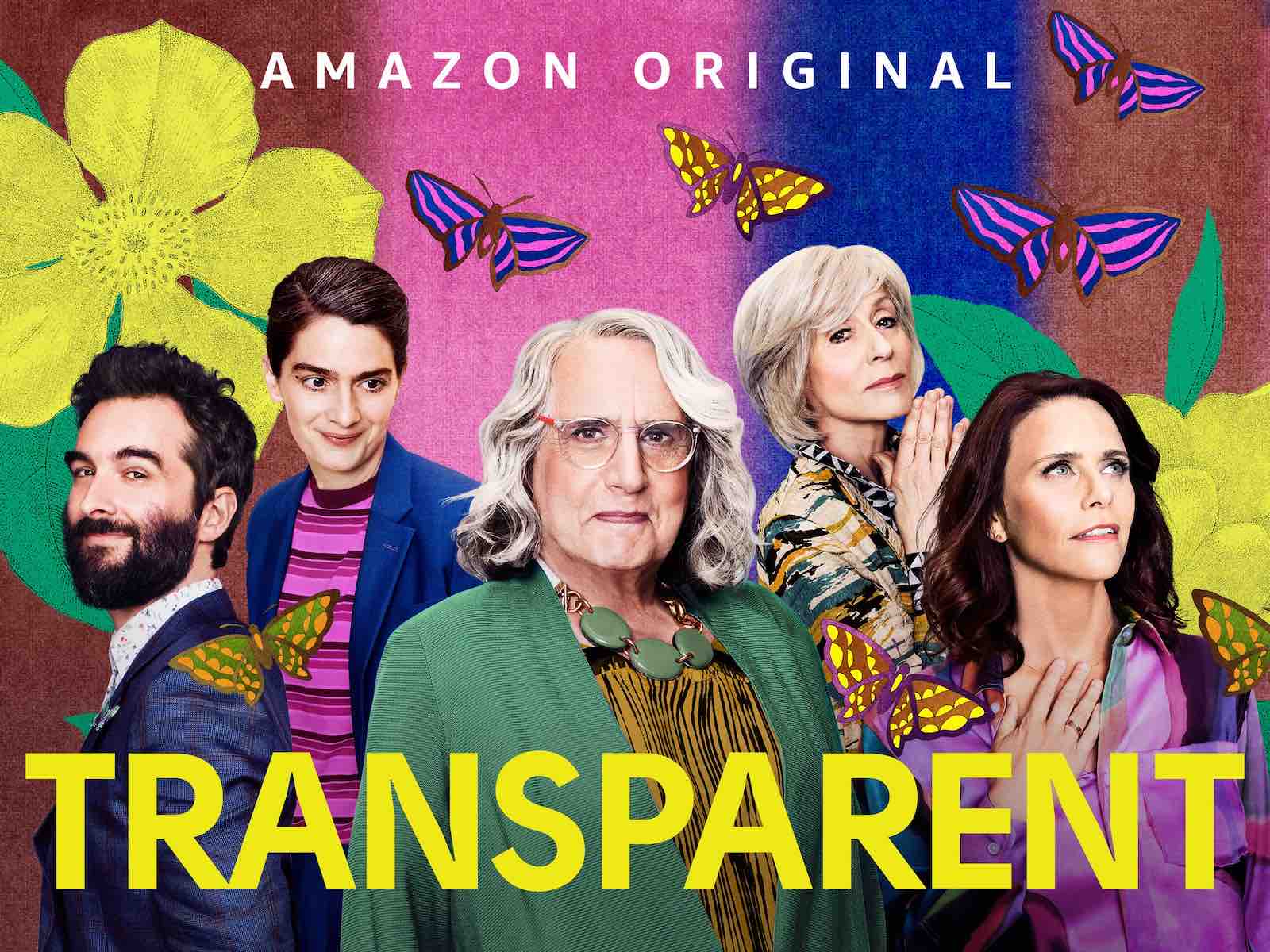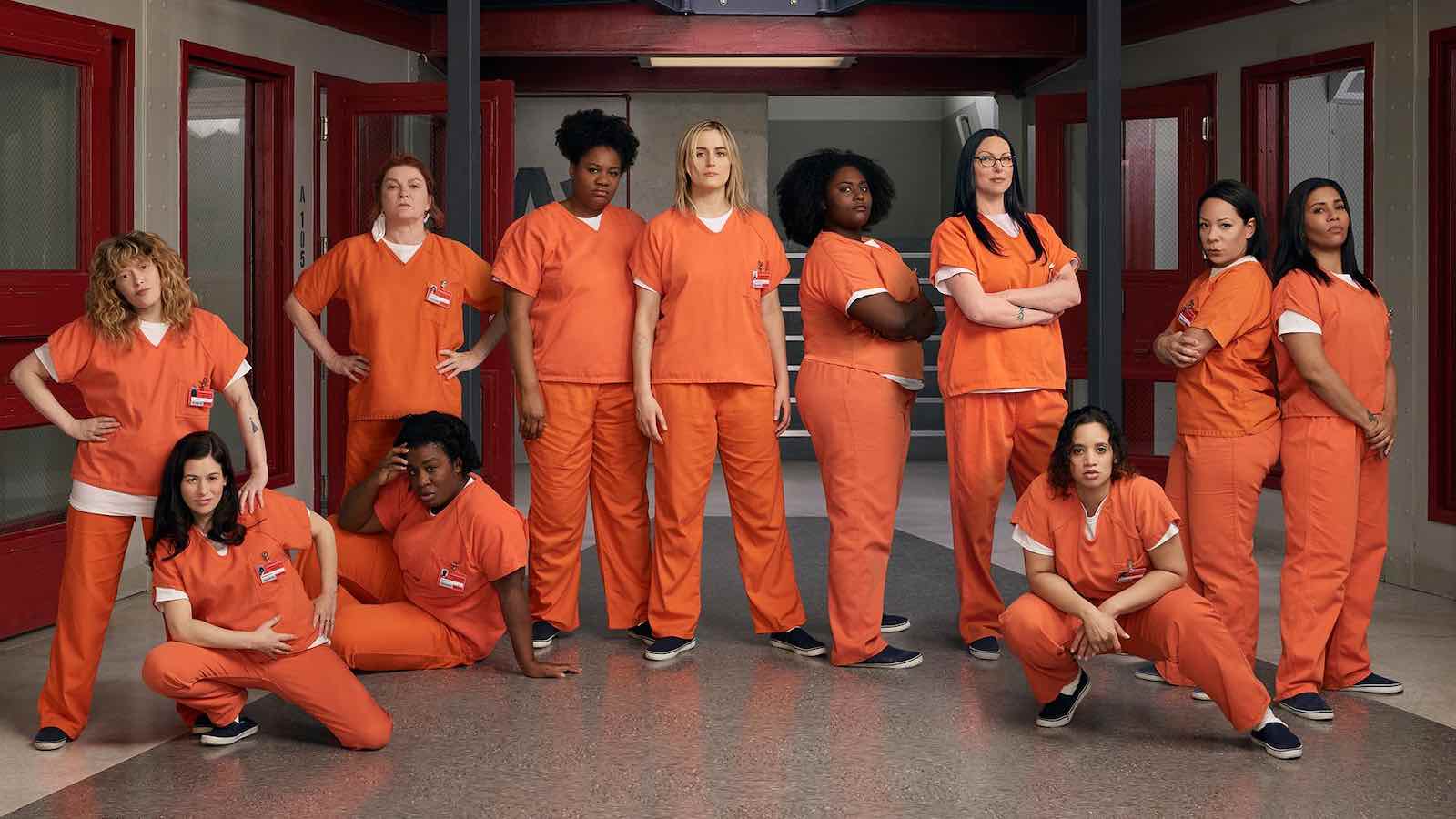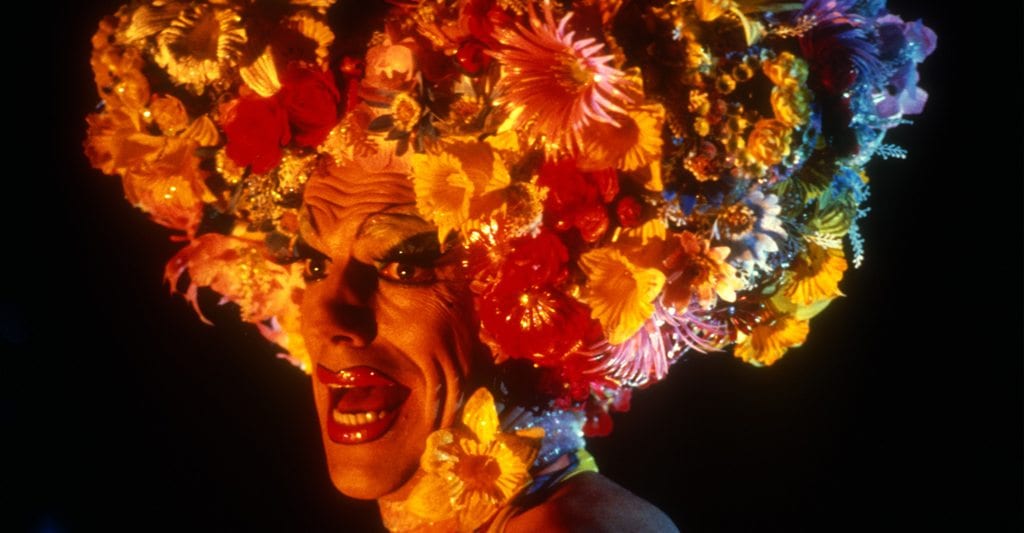
Should a cisgender actor ever play a transgender character?
A history of cis actors playing trans characters
Timothy McNeil’s Anything, a controversial drama based on the director’s play of the same name about a heartbroken widower who moves to Hollywood where he meets and falls for his charming neighbor, a trans sex worker named Freda, was released last year.
It wasn’t just its storyline that got people talking; it was McNeill’s decision to cast cisgender actor Matt Bomer (The Normal Heart) for the role of Freda. Faced with criticism from the LGBTQI community and beyond, many took to social media to express their anger at the casting of Bomer for the role of a transgender woman, including transgender actress Jamie Clayton (Sense8) and Jen Richards (Her Story), who actually auditioned for the role.

While the movie was criticized ahead of its release for booking Bomer (as well as the narrative featuring yet another depiction of a trans woman as a prostitute), the film simply adds to a long line of films in which cis actors play trans characters. For example, the 2015 film 3 Generations caused quite a stir for featuring Elle Fanning (The Neon Demon) as the transgender teen Ray, who transitions from female to male.
The film faced a huge backlash, similar to the reaction caused by the casting of Jared Leto in Dallas Buyers Club, Eddie Redmayne in The Danish Girl, and Hilary Swank in Boys Don’t Cry, the actors of which were all nominated for prestigious awards. It’s the same story for TV, from Rebecca Romijn in Ugly Betty to Jeffrey Tambor in Transparent.
Responding to the casting of Bomer in Anything, Nick Adams – director of GLAAD’s Transgender Media Program – wrote in an op-ed for The Hollywood Reporter, “It’s yet another painful reminder that, in the eyes of so many people, transgender women are really just men. That message is toxic and dangerous.”

Is it ever okay for cisgender actors to play trans characters?
The commonly spoken justification for cisgender actors taking trans roles is that movies need recognizable big-name actors to draw in audiences or that the producer couldn’t find the right trans actor for the role. However, this argument raises issues surrounding how the characters and their journey have been written and crafted.
As an example, Dallas Buyers Club wasn’t just criticized for its decision to cast Leto as the trans character Rayon; it was how she was portrayed on screen overall. In an interview with Glamour, a viewer named Caleb who identifies as genderqueer described how it seemed as though the movie’s writers went out of their way to make her look bad and trashy and almost leaned in to the “man in a wig” narrative.
I wouldn’t have an issue with a trans person looking ‘not so good’ in Dallas Buyers Club if that (narrative) wasn’t a normal thing,” noted Caleb. “In almost every movie where a trans woman is played by a (cis) man, there seems to be little effort in feminizing her. That’s not to say that trans women need to be femme or that having a beard makes her less of a woman, but it’s one side of trans-ness that we’ve been fed over and over again in sort of a tragic way.

The role itself matters and in the case of Anything, it looks like another cliched tale in which a trans character’s gender defines them – in the trailer alone, Freda is shown running into Early’s (John Carroll Lynch) apartment having being beaten for her gender. In a later scene, she’s introduced to Early’s intolerant family.
It’s these aged-old stories that contribute to the reason Anytime is facing such a heavy backlash, whereas a show like Transparent – while it does (or did) employ a cis actor for a trans lead – was so heavily debated for its choice of casting because it felt much less exploitative.

As Slate pointed out, creator Jill Soloway “made an effort to involve trans and gender-nonconforming people in the show’s creative process, and . . . Tambor has consistently acknowledged and thanked the trans community for their input and trust.”
Whether it was the right or wrong decision to book Tambor as the lead in Transparent, it’s certainly clear why the arguments against the decision are less one-sided than they are for the casting and character development in Anytime.

Promoting the wrong message
One of the leading arguments for booking trans actors in trans roles is that it can help to banish transphobic attitudes across the world. Laverne Cox – who is best known for playing Sophia in Orange is the New Black – raised a strong argument when discussing this issue with Huffington Post writer Michelangelo Signorile, stating:
My experience as a trans woman playing a trans character is that I have found that audiences not only have empathy for the character that I play but they find themselves having empathy for the actor who plays that character. And I think there’s a lot of evidence that this moment happening with me and Orange has created an enormous amount of social change.

Cox explained that cis actors playing trans characters can promote a damaging message, because “as brilliant as Jeffrey Tambor is, as brilliant as Jared Leto is, and all these actors who play trans women, when people who don’t know anything about trans folks and trans women see the very sexy Jared Leto and his beard accepting an Oscar for playing a trans woman, the message that it sends is that trans women are really men.
“So when men find themselves attracted to trans women, they have anxiety about that because of their own internalized homophobia and transphobia and they’ve gotten this message that trans women are really men and then this leads to violence.”

The case for trans actors
Historically, trans characters have been misrepresented in film. In 2015, there was just one trans character in a major studio film. At the same time, only 16% of Americans knew a trans person, meaning the remaining 84% learn about trans characters via the media.
As GLAAD pointed out, trans characters in the media are often mocked (in films like The Hangover: Part II), they’re made into villains (think Silence of the Lambs), or used for plot twists or punchlines (a la The Crying Game). Now that trans characters are starting to get more positive stories on-screen, many now question why a trans actor would not get the part.
Referring to the argument that there aren’t enough big name trans actors, Jazzmun from When We Rise stated, “y’all need to put us in small parts.” From small parts, trans actors can graduate to recurring roles and eventually those coveted leads. Adding to this, trans advocate and commentator on transgender issues Hannah Simpson told Film Daily,
“There are no shortage of talented performers of all races, ages, and transition stages. It has become a conscious choice not to put a trans person in a trans role, and at least until transgender talent is given equal consideration to portray cisgender roles, asking audiences to suspend our disbelief, especially as trans characters are seldom authentically or even tastefully represented, is no longer enough.”

A fantastic step forward
2017 saw the release of Sebastián Lelio’s A Fantastic Woman. Which won the Best Foreign Language flick Oscar, the film offers an evocative portrait of a transgendered Chilean woman. Rising star Daniela Vega (The Guest) takes on the role of Marina, a waitress and singer whose life is plunged into disarray following the death of her older boyfriend (Francisco Reyes).
Instead of giving up hope, Marina is forced to confront his family and society, fighting to show them who she is: complex, strong, forthright, fantastic.
The film has been lauded as “trans cinema’s breakthrough moment”, something which writer Juliet Jacques (known for her work on the transgender experience) stated that, along with the success of actors like Cox, “showed the film industry that it wasn’t just a handful of activists who wanted to see trans actors playing trans characters.”

]In a balanced argument, Jacques went on to say that there is no right or wrong answer. “As a trans teenager, I found films such as Priscilla, Queen of the Desert or I Shot Andy Warhol helpful, as they showed the difficulties of cross-gender existence with nuance and wit, never degenerating into cliche or melodrama.”
It’s clear the significance here is not just to look at who’s playing the roles, but also to look at how trans characters are presented in the media and how their journeys are written. In addition to booking more trans characters in films that aren’t just focused on their sexuality (which is still a huge barrier in Hollywood), movie production teams would benefit from enlisting more trans filmmakers and writers.
“Leto’s Rayon in Dallas Buyers Club met with hostility not just because it embodied so many stereotypes,” declared Jacques, “but also because no trans consultants were enlisted, and because Leto used his speech on winning the Golden Globe for Best Supporting Actor to talk about how that ‘tiny little Brazilian bubble butt was all mine’ rather than anything he had learned about the realities of trans living.”

On the other hand, A Fantastic Woman showed Vega giving a far more convincing and authentic performance, which was helped by the fact that Lelio wrote the film only after extensive consulting from the actress herself, thus letting her draw on her experiences and letting Lelio take the story beyond the constraints of the stereotypes and assumptions made about the trans experience.
“The result is a vibrant combination of romance, fantasy, and detective story, unlike any of its predecessors,” concluded Jacques. While one film doesn’t have the power to change the landscape of trans representation in Hollywood, it does stand as an example of how trans characters and actors could and should be presented in the entertainment industry. It’s a small step but at least it’s in the right direction.



